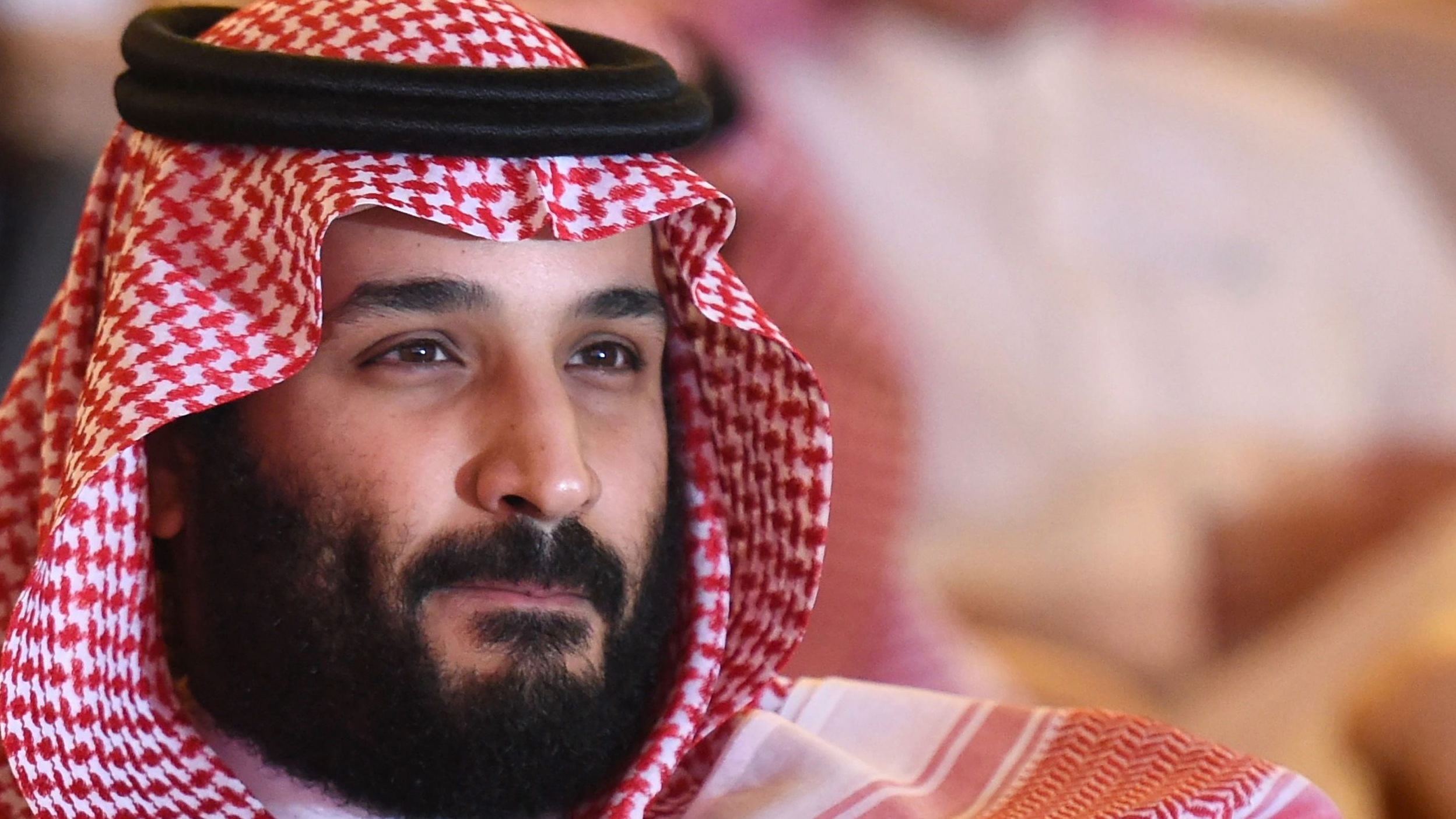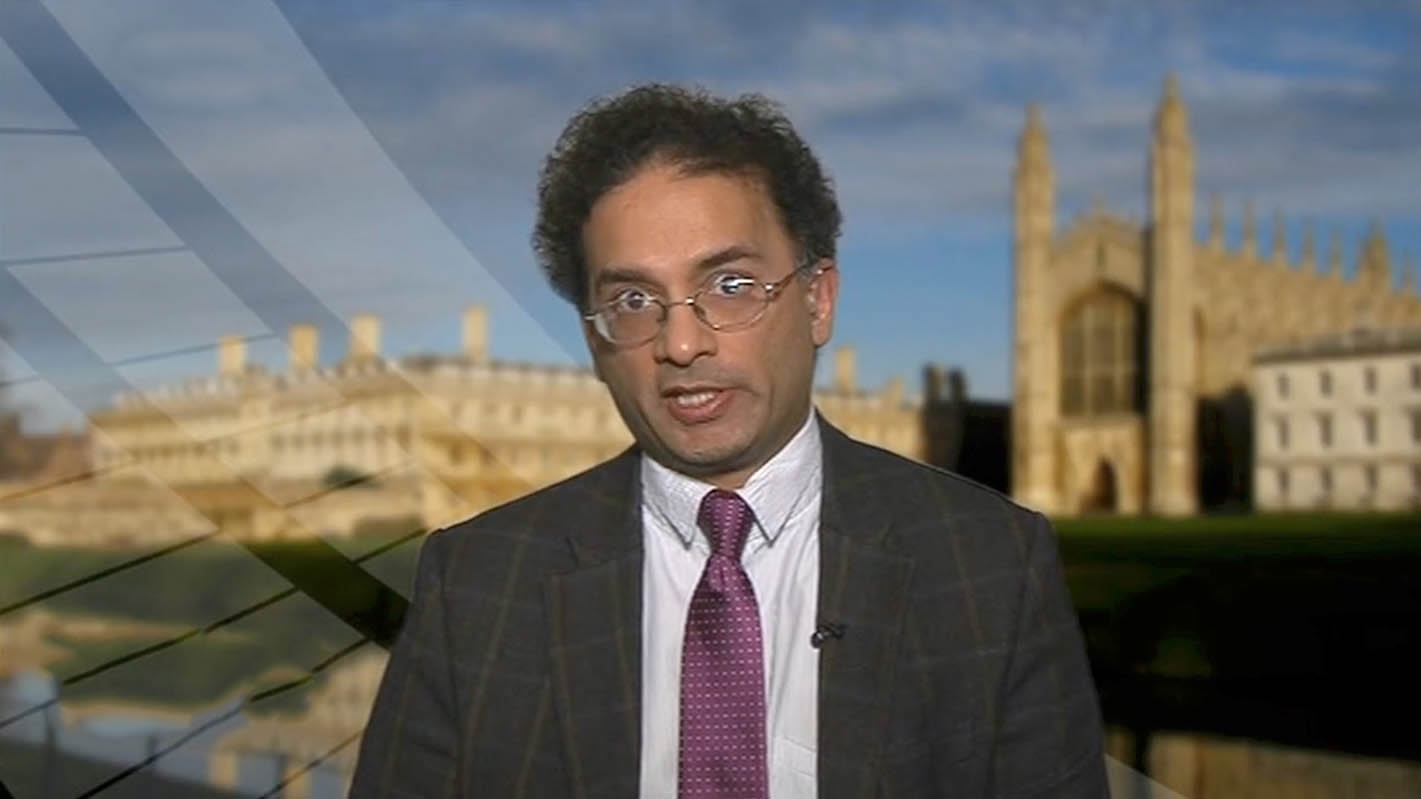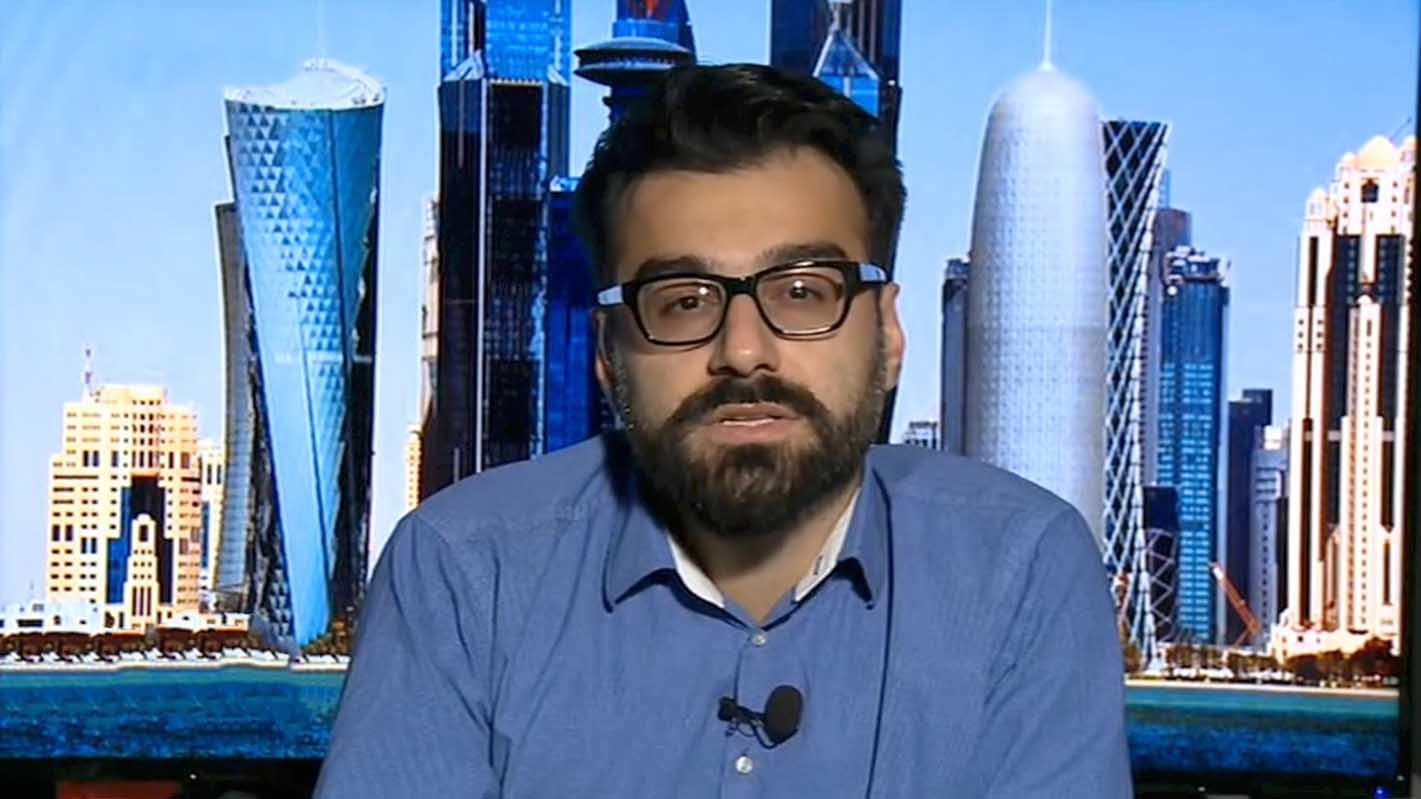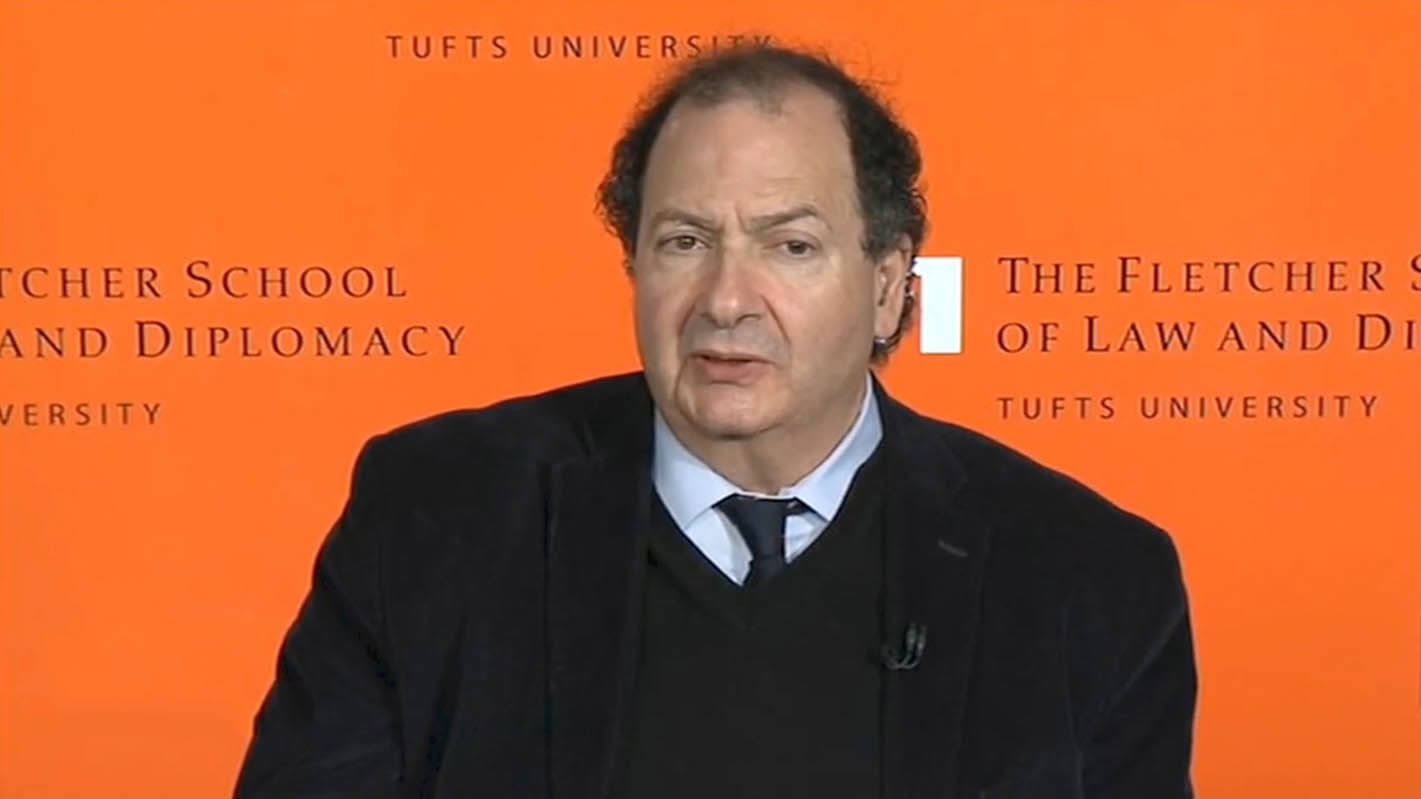
World
17:57, 17-Nov-2017
Saudi Arabia’s ‘newly assertive’ diplomacy deepens Middle East crises, says expert
CGTN

By CGTN's The Point
“Saudi Arabia is trying to take a much more prominent role in the public world in foreign affairs,” said Glen Rangwala, a lecturer on Middle East Politics at the University of Cambridge.
“It is trying to rally a group of states under its leadership to deal with what it perceives to be hostile acts around the Middle East that are seen to challenge its power within the region.”
Rangwala’s remarks on CGTN’s The Point came after the Arab League decided to hold an extraordinary meeting next Sunday at the request of Saudi Arabia to discuss alleged regional “violations” committed by Iran.

On November 4, Saudi air defenses intercepted a missile near the capital Riyadh, which had been fired from Yemen.
“Saudi Arabia is trying to fortify a kind of anti-Iran front within the Arab League, but the Arab world is also not united in any case as we can see from the Qatar crisis,” said Ali Fathollah-Nejad, a visiting fellow at Brookings Doha Center.
In addition to Saudi Arabia’s diplomatic crisis with Qatar, Rangwala referred to two other crises the country is facing simultaneously; the military humanitarian crisis with Yemen and its political crisis in Lebanon.
There has been speculation that Saudi Arabia could impose a Qatar-like economic blockade on Lebanon.
“All come from a newly assertive Saudi foreign policy,” Rangwala said.

But Nadim Shehadi, director of the Fares Center for Eastern Mediterranean Studies at the Fletcher School at Tufts University, attributed the crisis in the Arab world to Iran’s actions in the region, insisting, “It’s not purely a Saudi issue.”
Shehadi added that if Iran’s involvement in some Middle East countries such as Syria, Iraq and Kuwait continues, it would not just threaten the region but also the regime itself that failed to protect its people.
“We are in a situation where six major cities have been destroyed with millions of refugees and hundreds of thousands of casualties,” Shehadi noted.
Rangwala argued that Iranian policy hasn’t changed in the last few years, citing, however, that its involvement in the Yemen conflict is just a “sideshow” and its role in defeating the “Islamic Movement” in the region has also been diminished after the battle was handed to the Iraq government.

“The change instead is within Saudi politics,” said Rangwala.
On Saturday, 11 Saudi princes were arrested on corruption charges, along with government ministers, ex-ministers and government officials. The move has been widely seen as a way for Crown Prince Mohammed Bin Salman to eliminate rivals and consolidate his power.
“Through that new constellation of power within Saudi Arabia, we see the uniting of defense, economic, and military power within the same hands,” Rangwala said.
“We can’t but see these things as connected in watching the evolving Middle East.”
The Point with Liu Xin is a 30-minute current affairs program on CGTN. It airs weekdays at 9.30 p.m. BJT (1330GMT), with rebroadcasts at 5.30 a.m. (2130GMT) and 10.30 a.m. (0230GMT).
6605km

SITEMAP
Copyright © 2018 CGTN. Beijing ICP prepared NO.16065310-3
Copyright © 2018 CGTN. Beijing ICP prepared NO.16065310-3